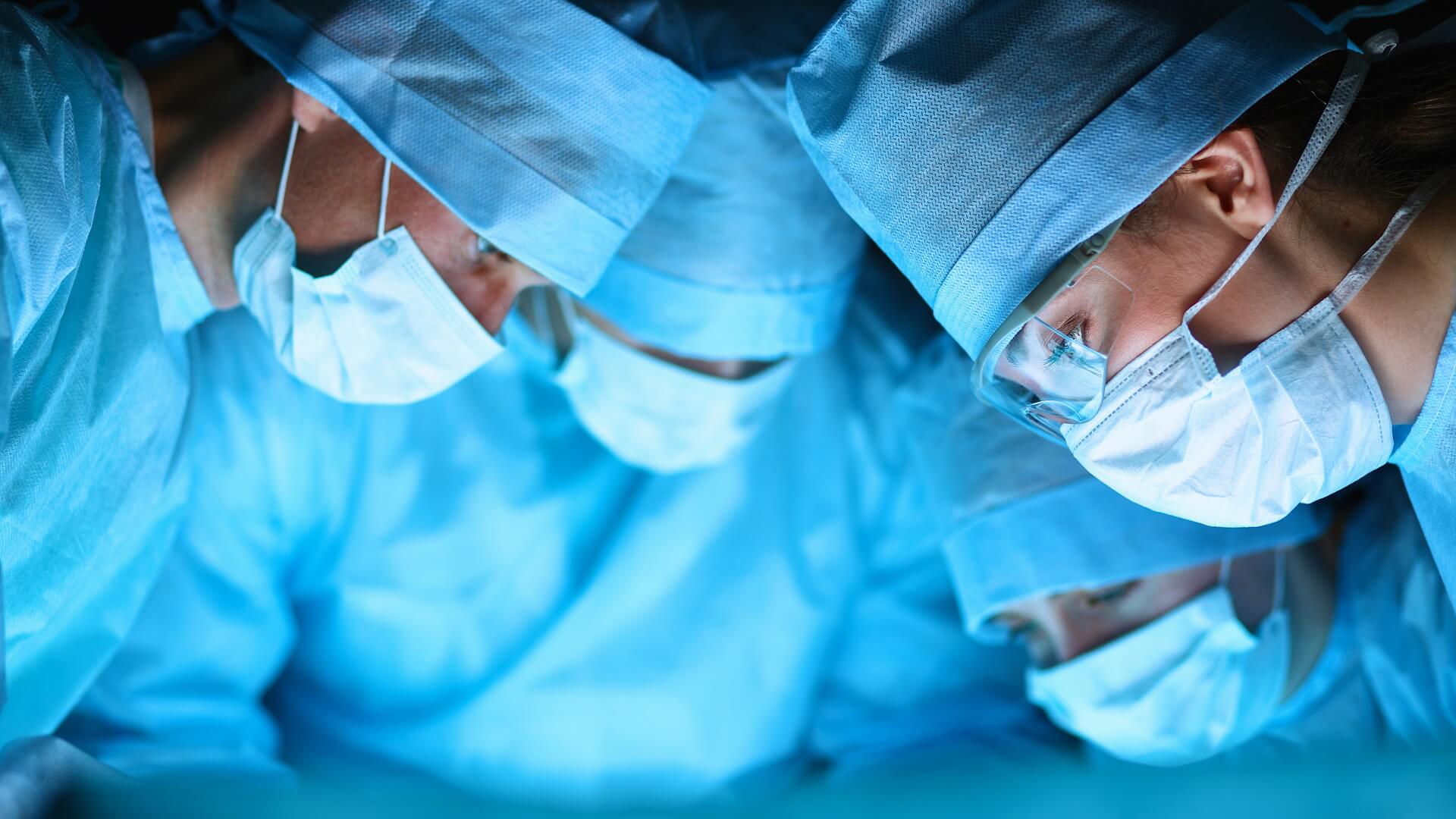The Basics of Trauma Surgery
| Language: | English |
| Location: | Online |
| Duration: | Flexible, approx. 6 weeks |
| Start: | Anytime |
| Cost: | 45 EUR |
Quick Info
Benefits
Learn the basics and skills in the field of trauma surgery and orthopaedic trauma care.
01
1
Innovative teaching concept
02
2
Interdisciplinary experts
03
3
Structured and systematic approach
- Introduction and/or repetition of the anatomic principles
- Prelude of the topic through a film
- Classification of the treated injury, e.g., according to AO
- Summary of relevant and current therapeutic options
Program Overview
Here you will find information on the aims of this course and its content.Here you will find information on dates, requirements and other general conditions for the certificate program.Get to know our experienced lecturers who will teach you the certificate content and with whom you will work.Find out how the program is structured and what content you can expect.



